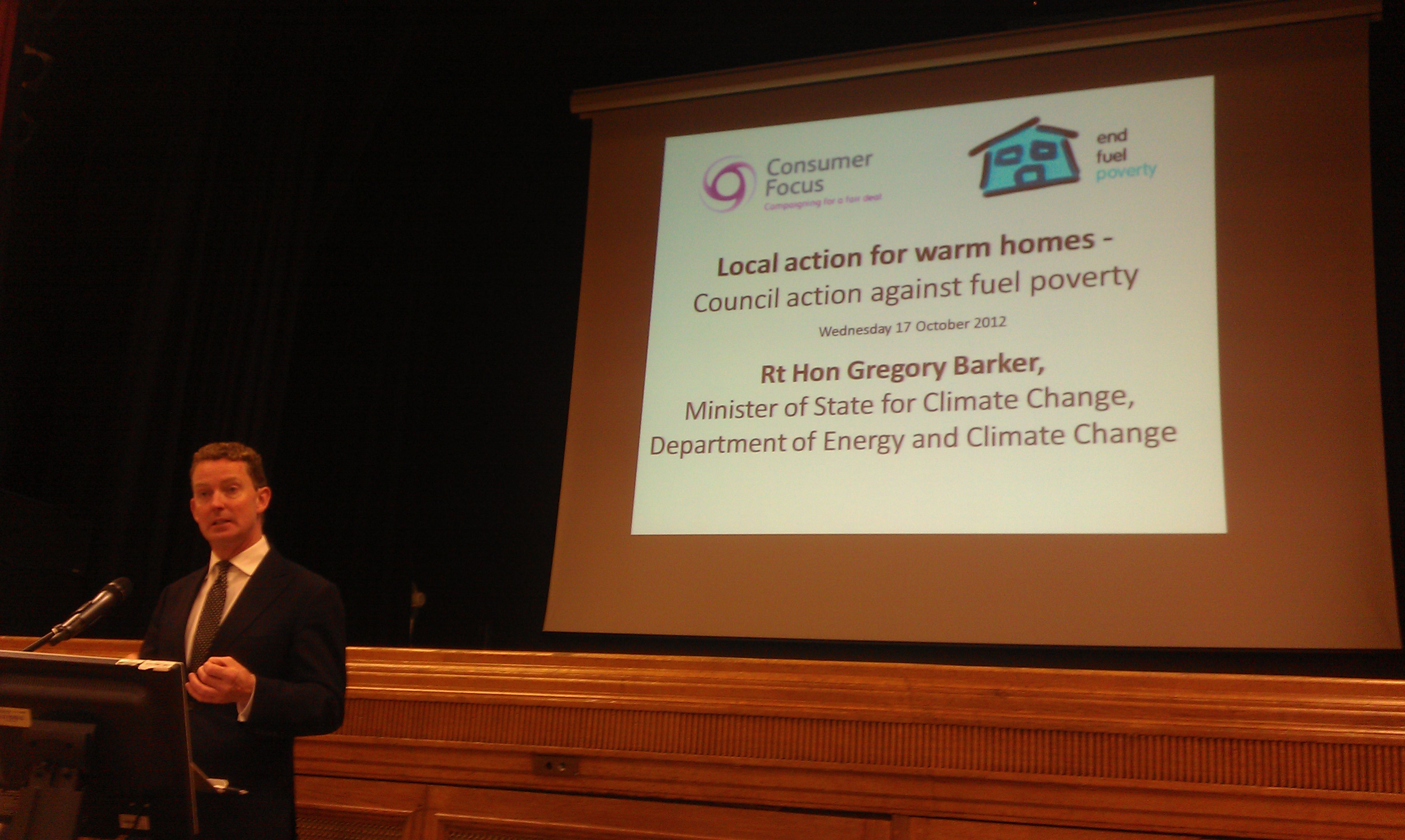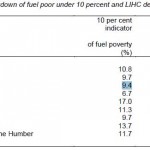5 October 2012: Inside Housing pick up on a previous Energy for London post on how the number of households in London identified as being ‘fuel poor’ could double as a result in the change in the definition of fuel poverty.
Concerns over the true extent of fuel poverty in the capital have been raised for some time – with research from the Mayor suggesting that – compared to official statistics – one in four London households could in fact be affected. However, despite this, there remains no London-wide strategy for tackling fuel poverty. This issue was highlighted by the London Assembly’s inquiry into the issue earlier this year which recommended that:
“Recommendation 8: The GLA should, by July 2012 and in consultation with the energy companies and local authorities, develop an affordable warmth strategy for London. The plan should include: agreement on the risk mapping criteria; the identification of priority areas for intervention on the basis of risk mapping; a timeline for the programme to work in each of those areas between 2012 and 2016; and agreed measures to tackle some of the barriers to investment in London (such as parking restrictions and planning”
DECC recently stated that, in the new year, they will publish and consult on “an updated fuel poverty [for England] strategy to ensure resources are being used in the best possible way.” With government terminating Warm Front early on in 2013, one of its main fuel poverty programmes, and the Green Deal and ECO having very specific fuel poverty targeted activities (ie. predominantly solid wall – or a more limited spend for all insulation measures, but only in low income areas) – it appears the national target to ‘eradicate fuel poverty’ by 2016 , as set out in the Warm Homes and Energy Conservation Act 2000, will not be achieved despite the proposed change in definition (see recent House of Commons research note for further information on this). This all makes the rationale for a coordinated programmes of activities to tackle fuel poverty, operating London-wide, ever more urgent.
Many London boroughs have programmes in place to help insulate dwellings in their area (some of which are listed here). The Mayor’s main insulation programme, RE:NEW, reported that it does not measure the number of fuel poor households treated (here and here and here) .
The Mayor does support a ‘Know Your Rights’ campaign which aims to encourage people to find out what support is available by calling Home Heat Helpline, an industry-led initiative which provides advice to households concerned over fuel bills or how to improve the energy efficiency of their home.



